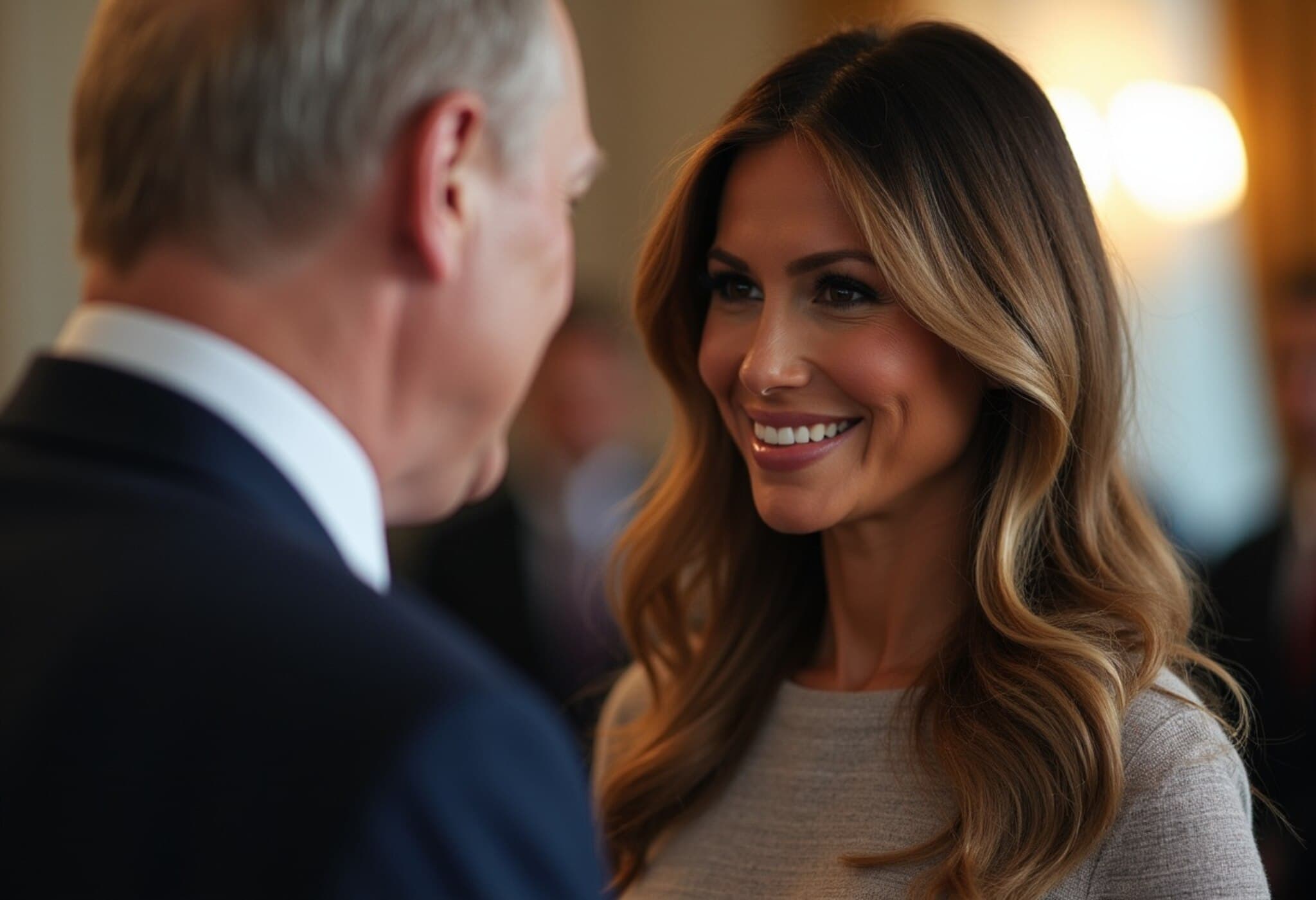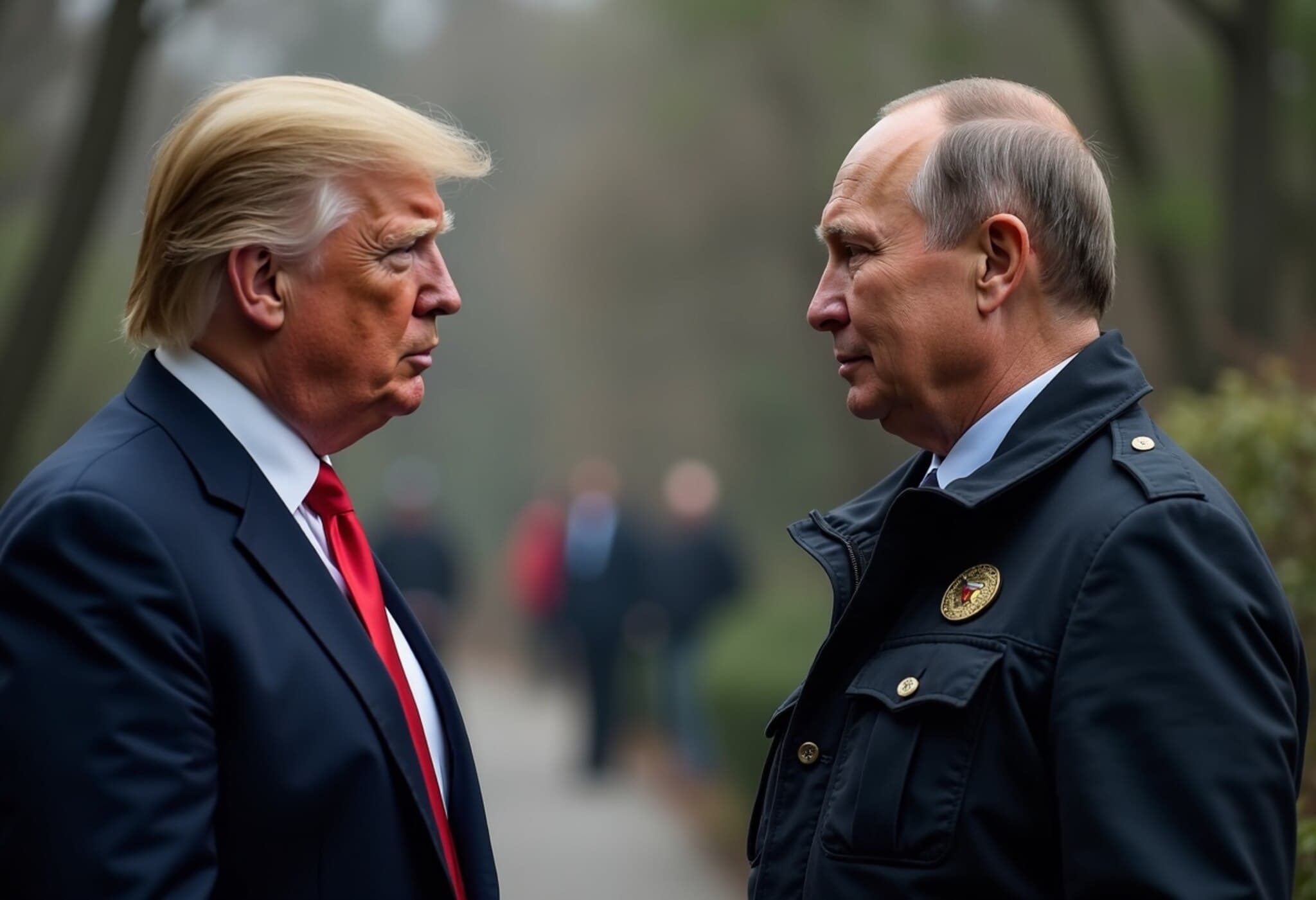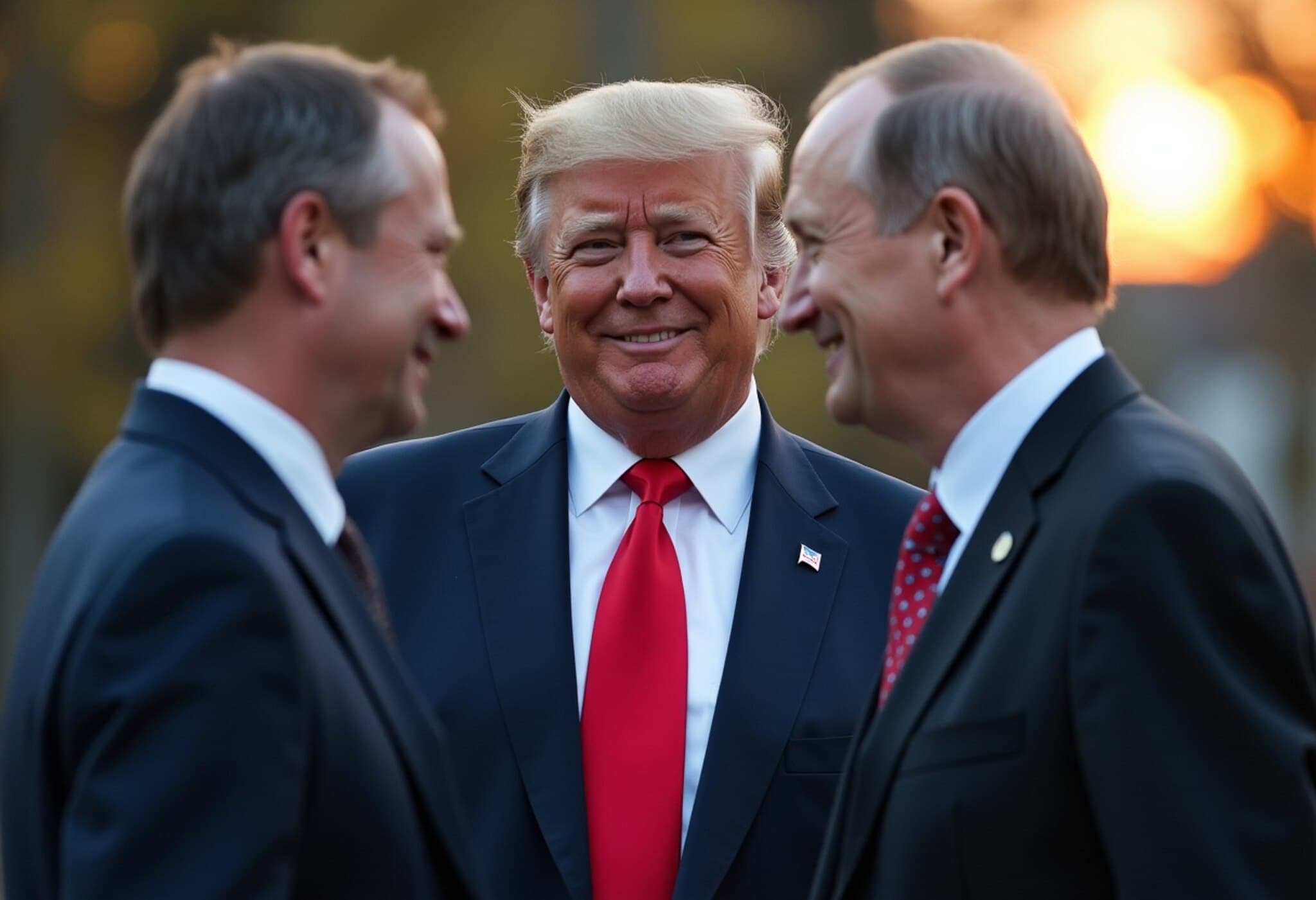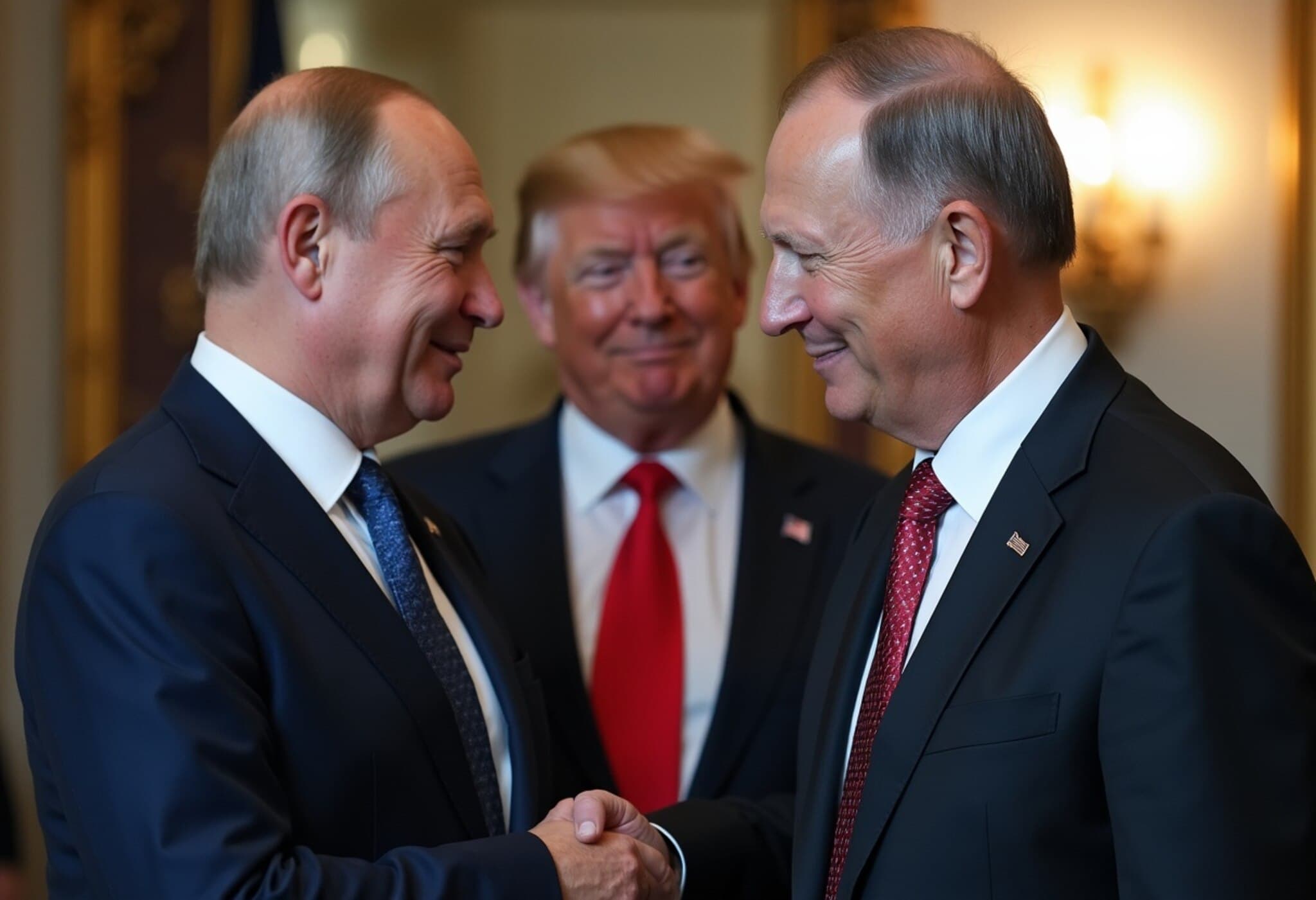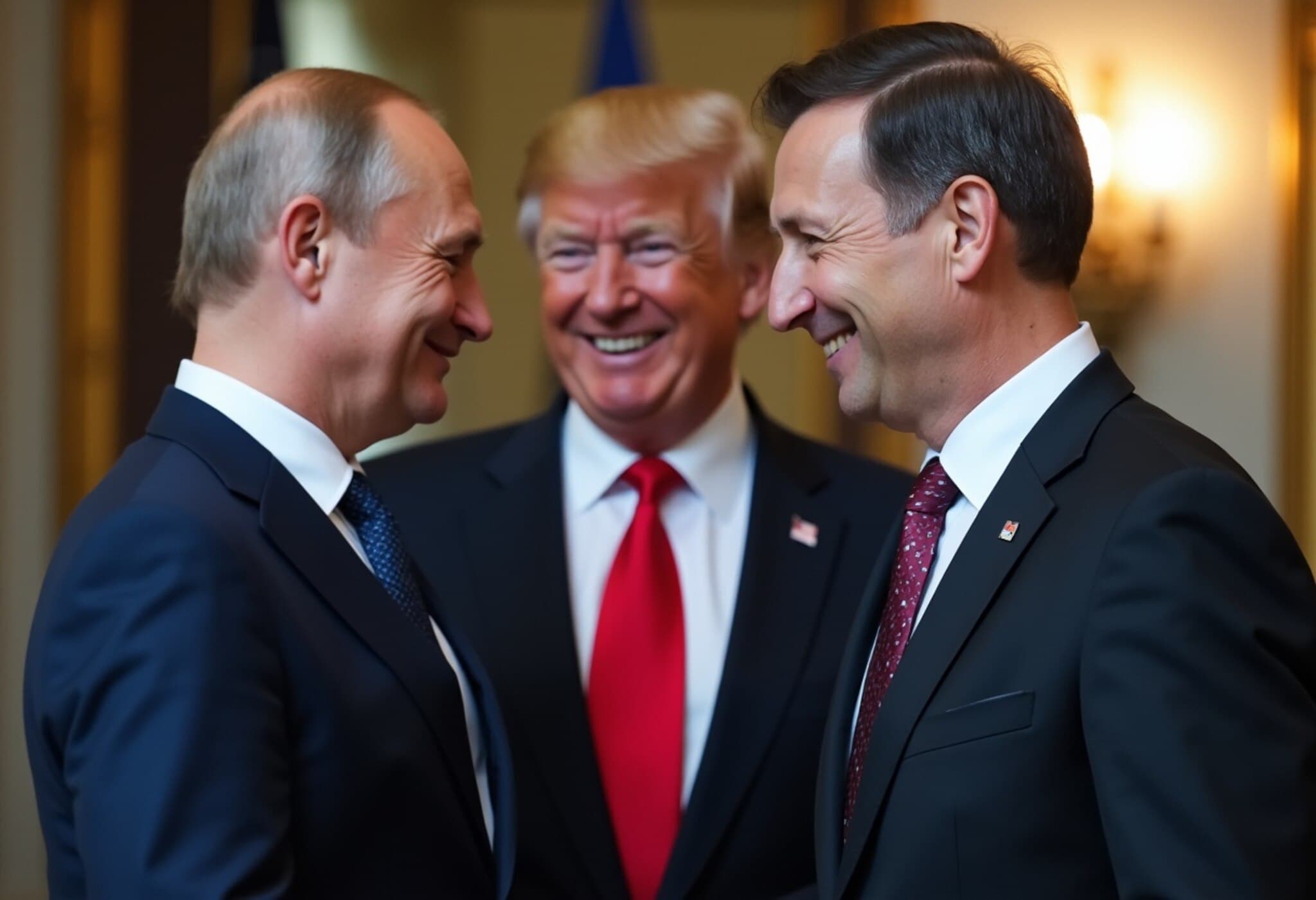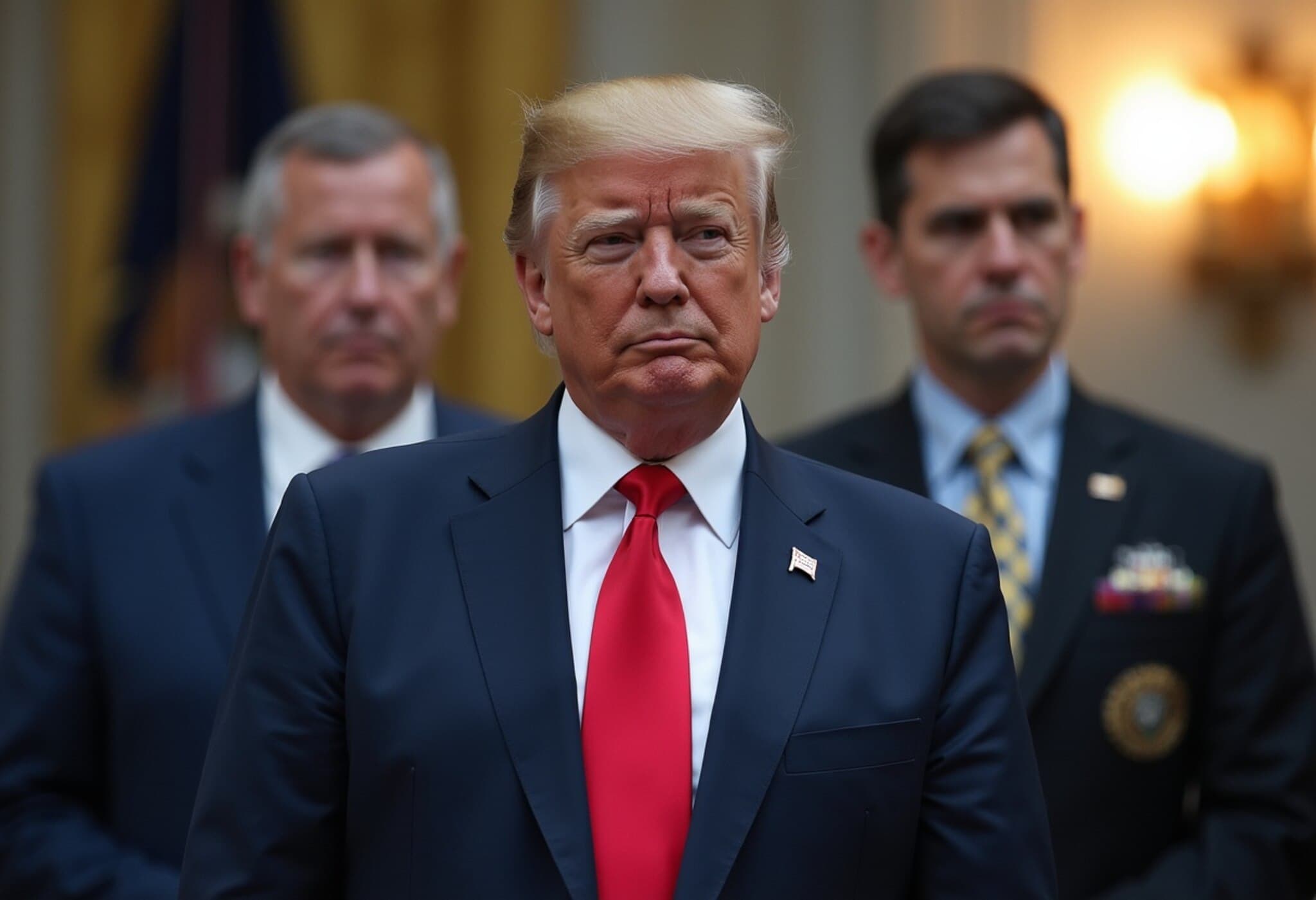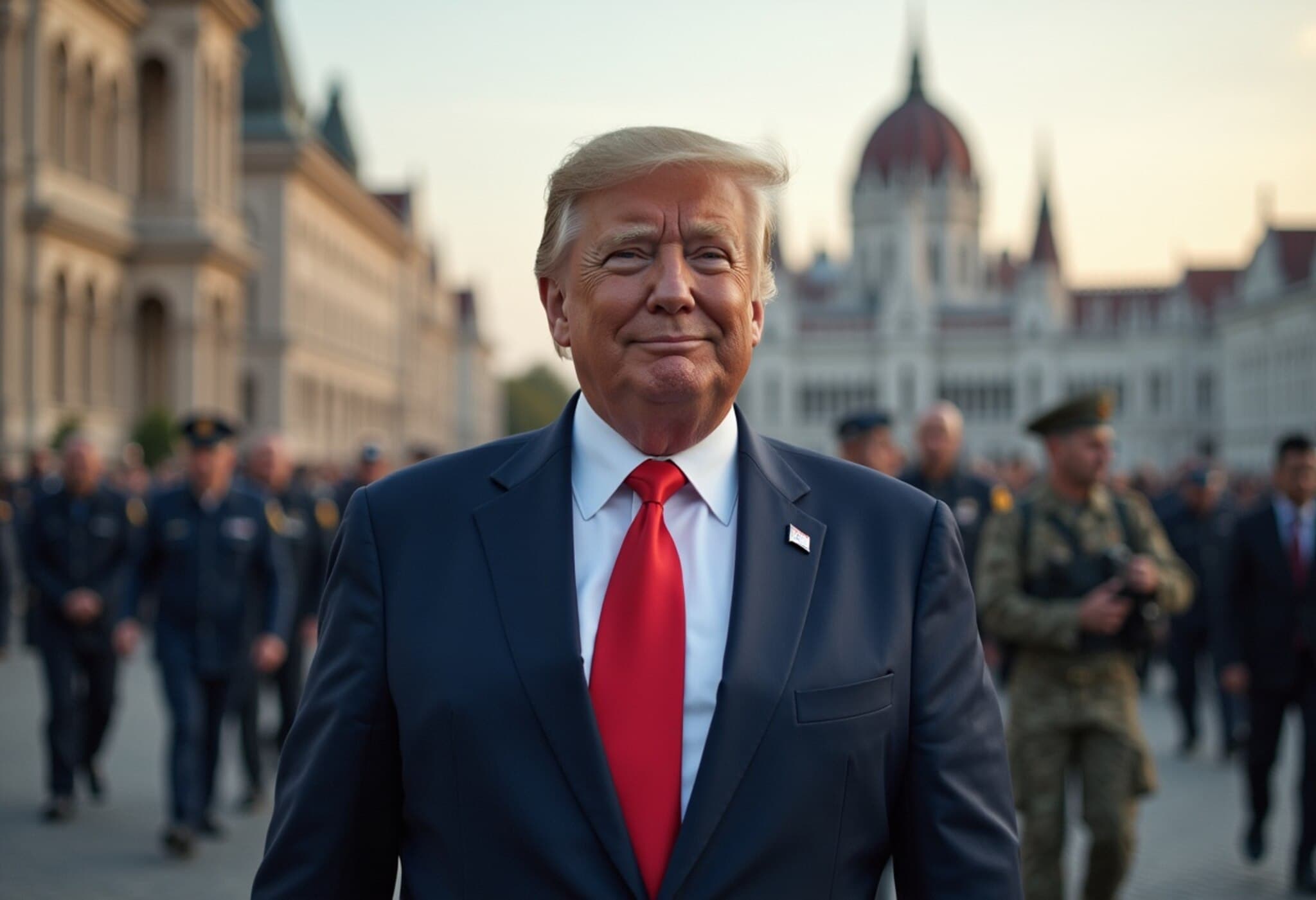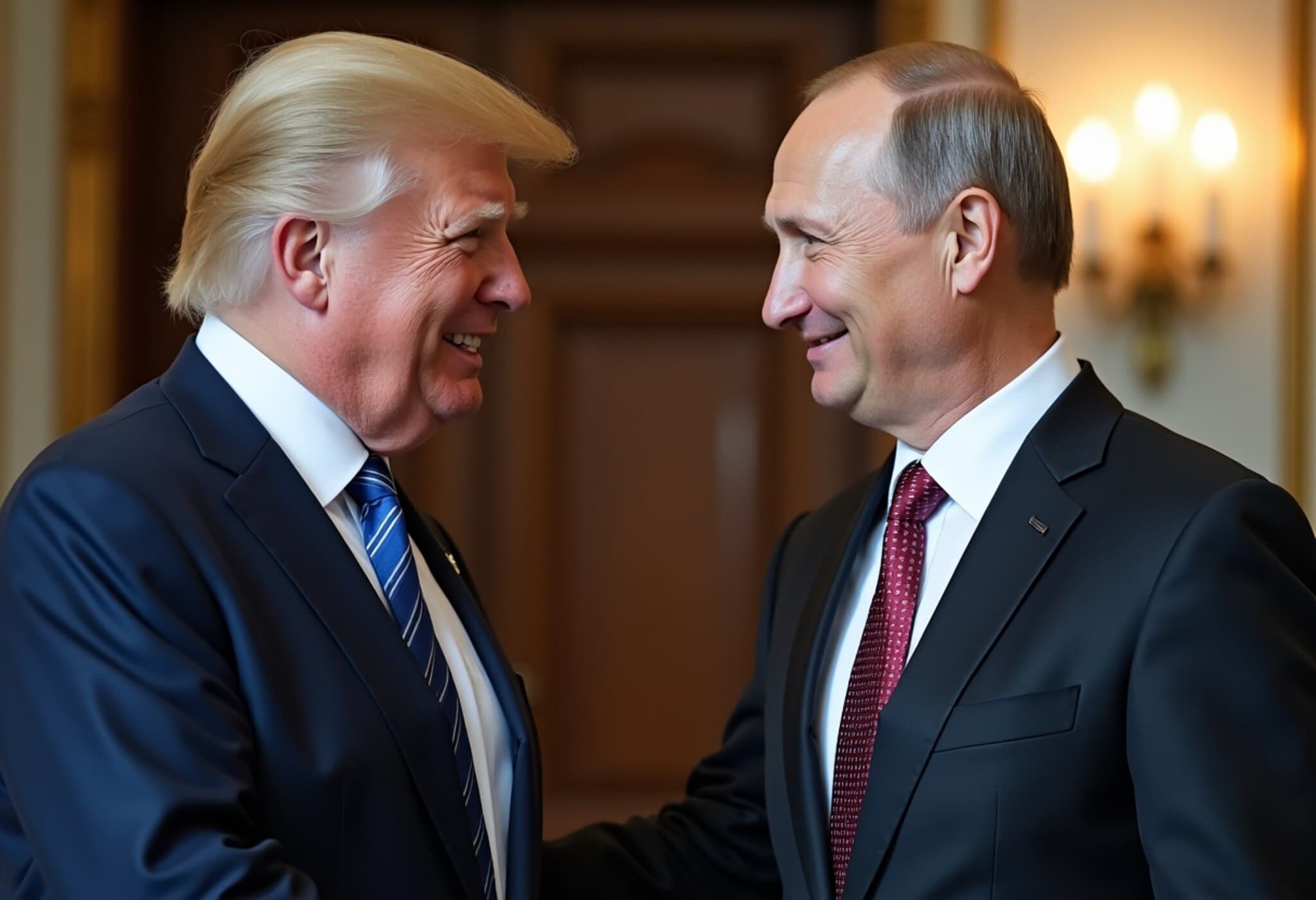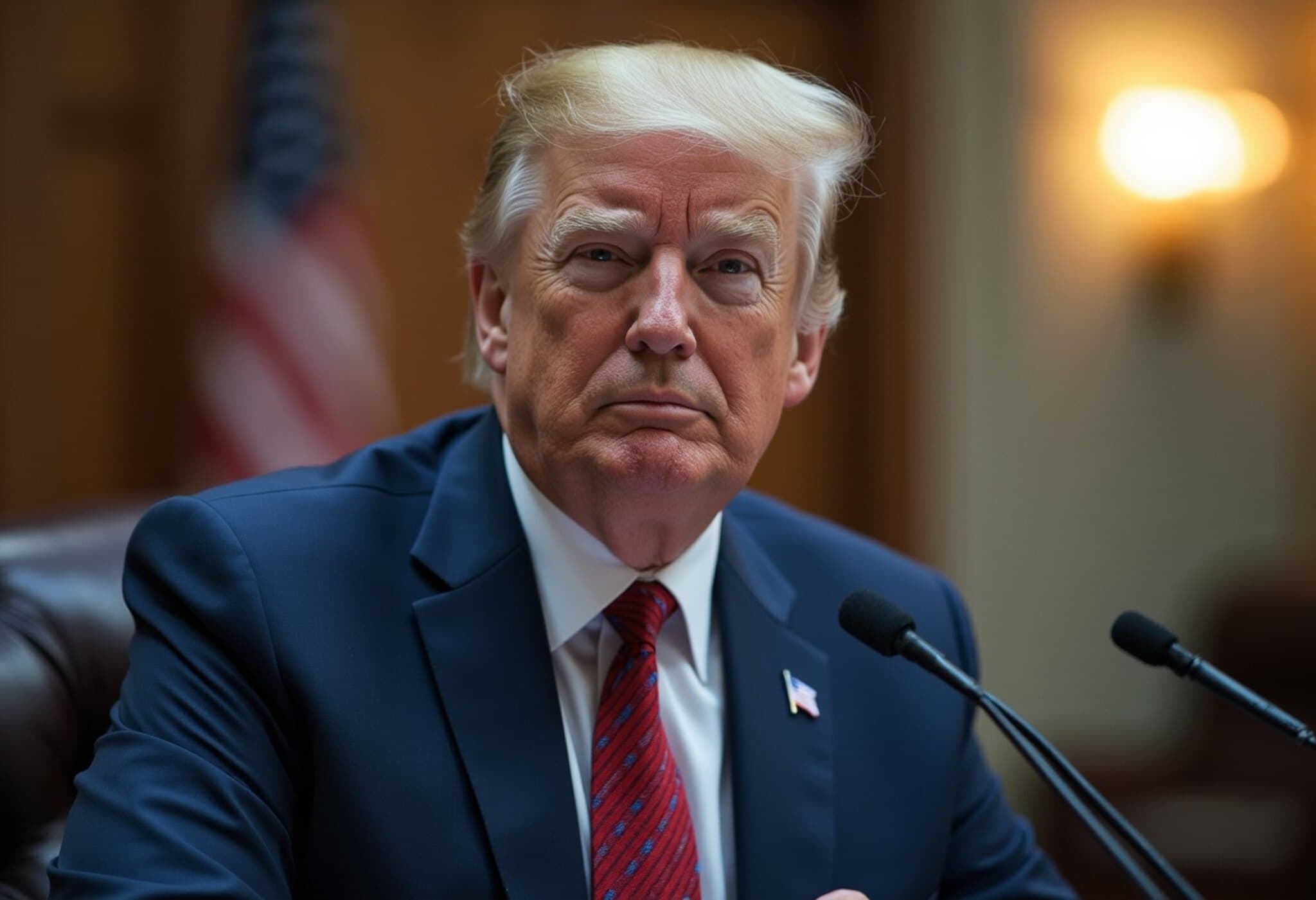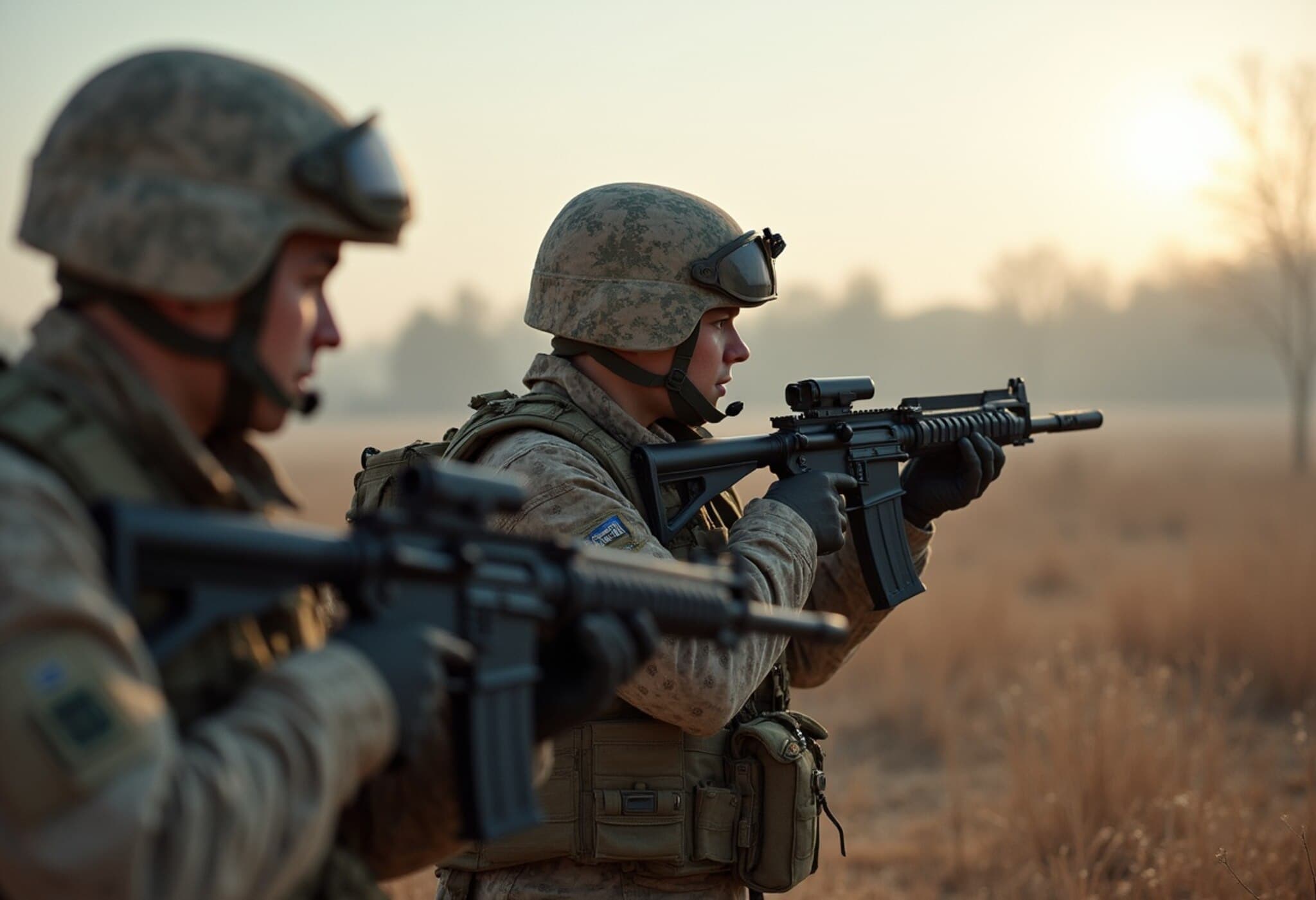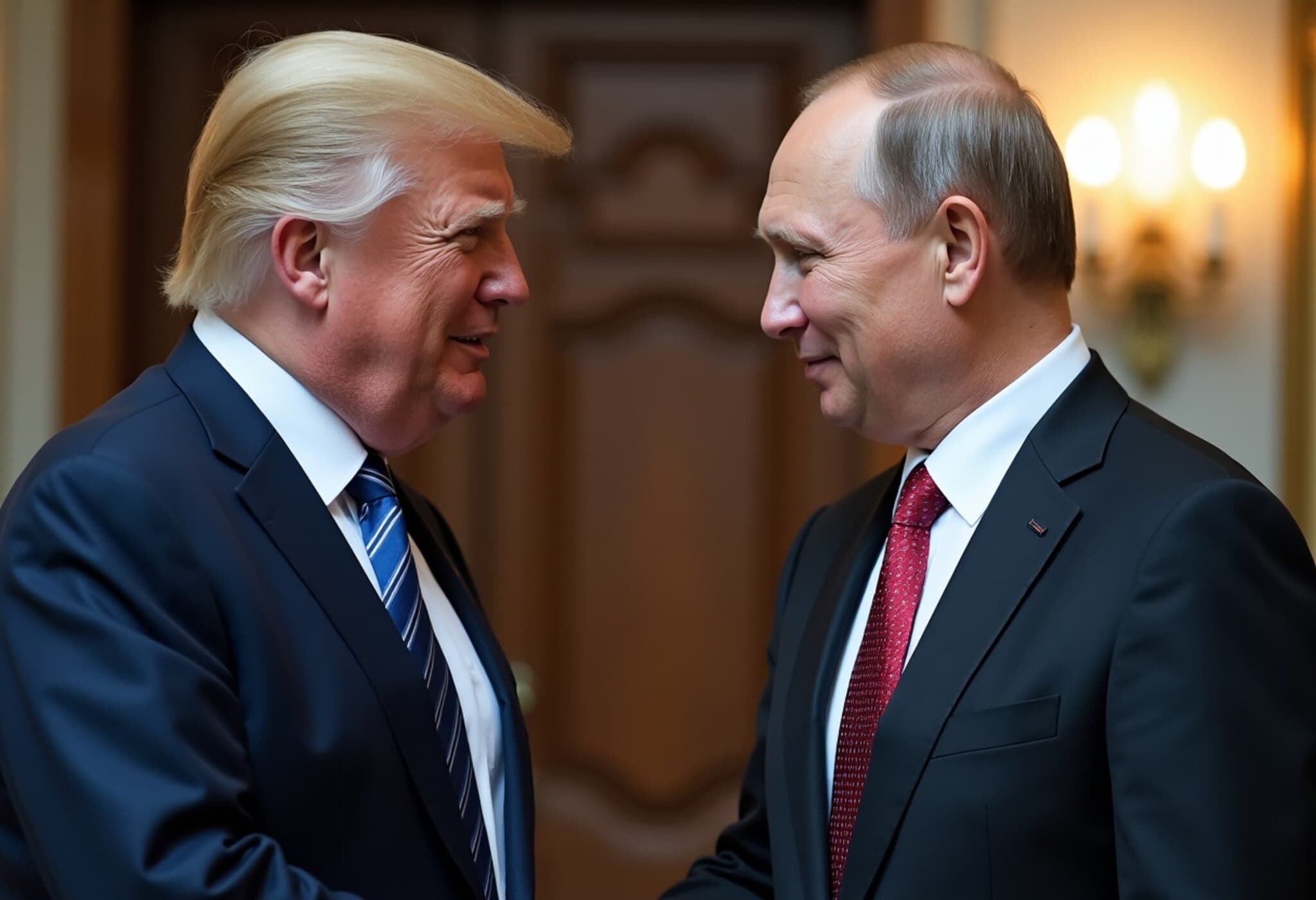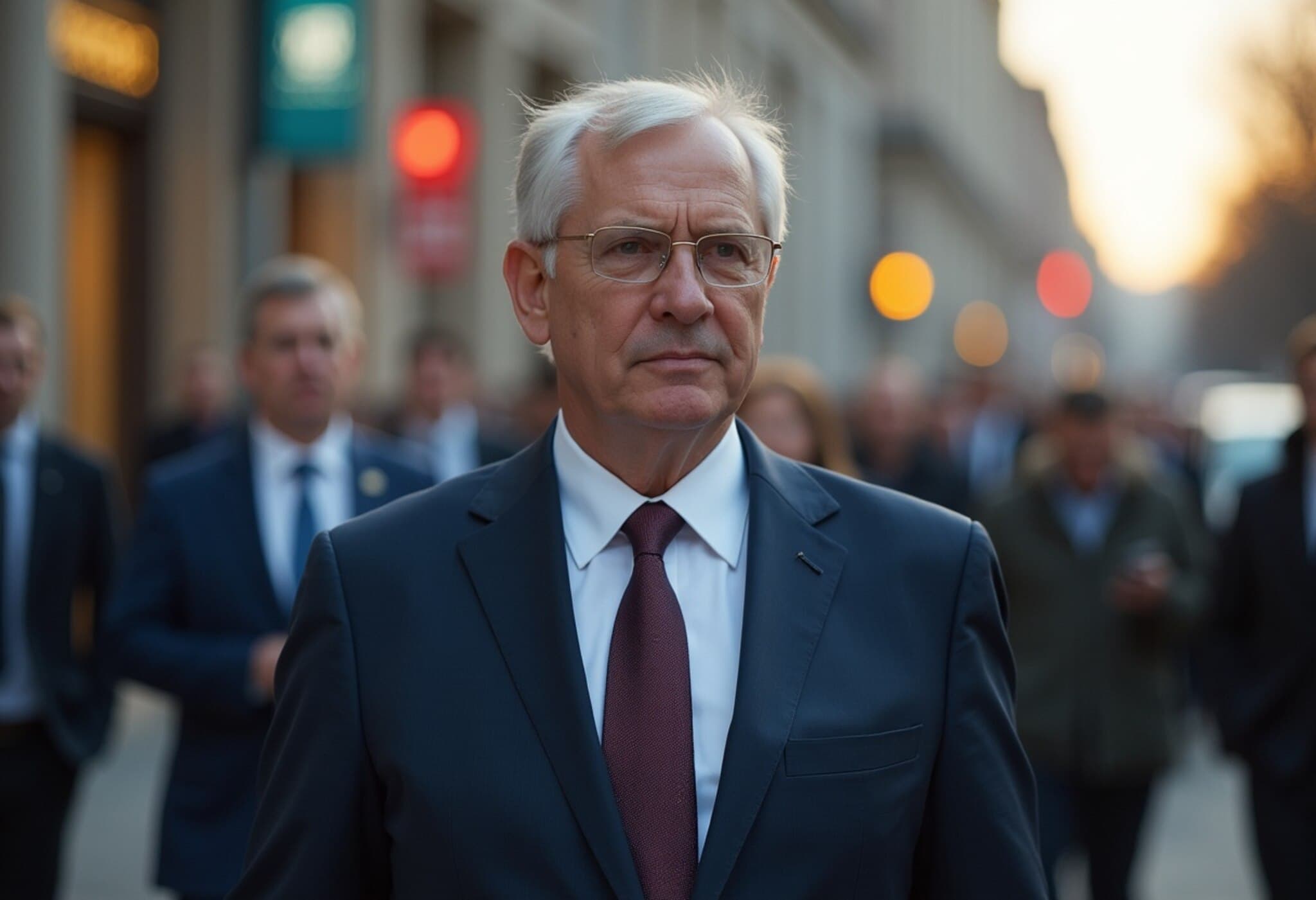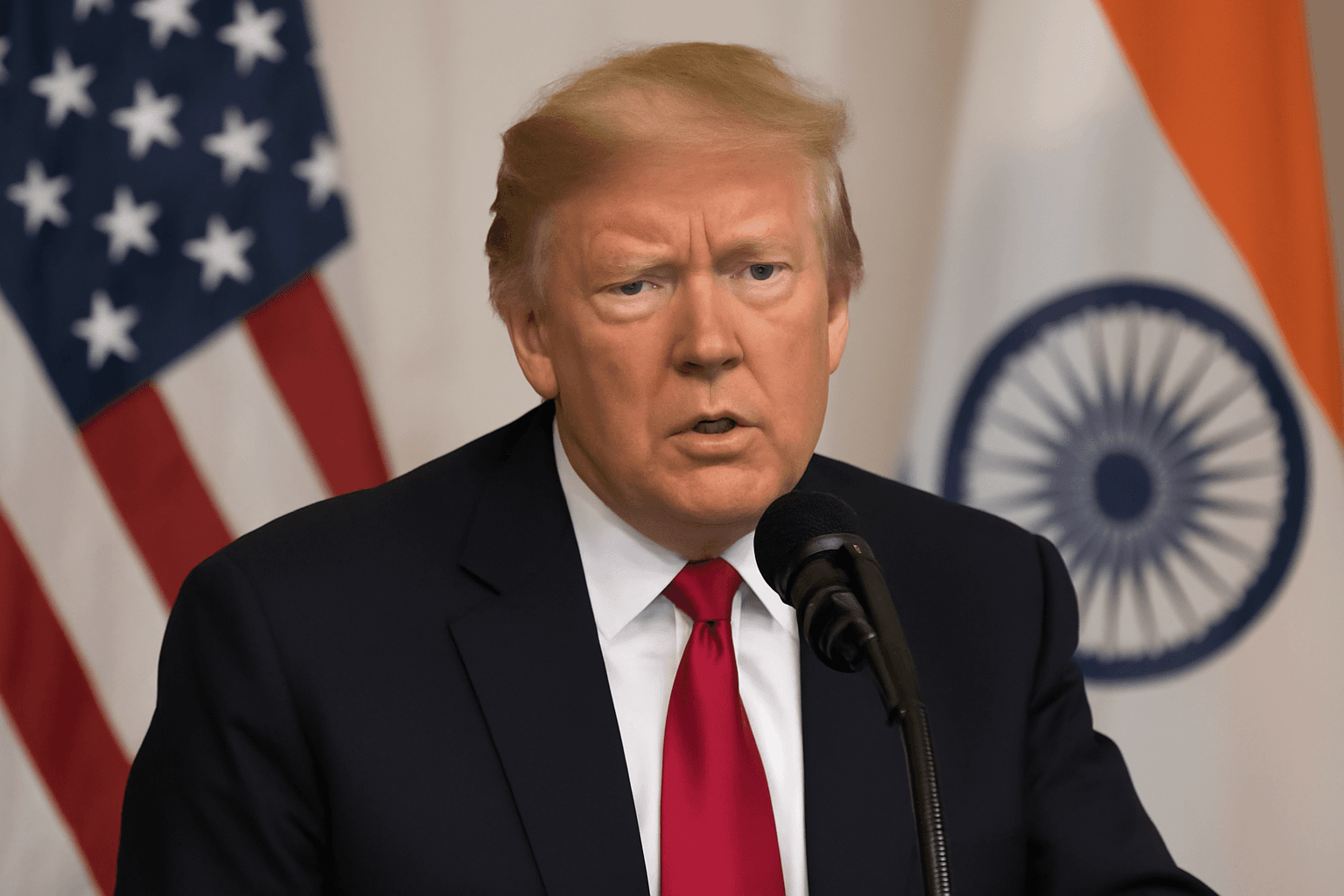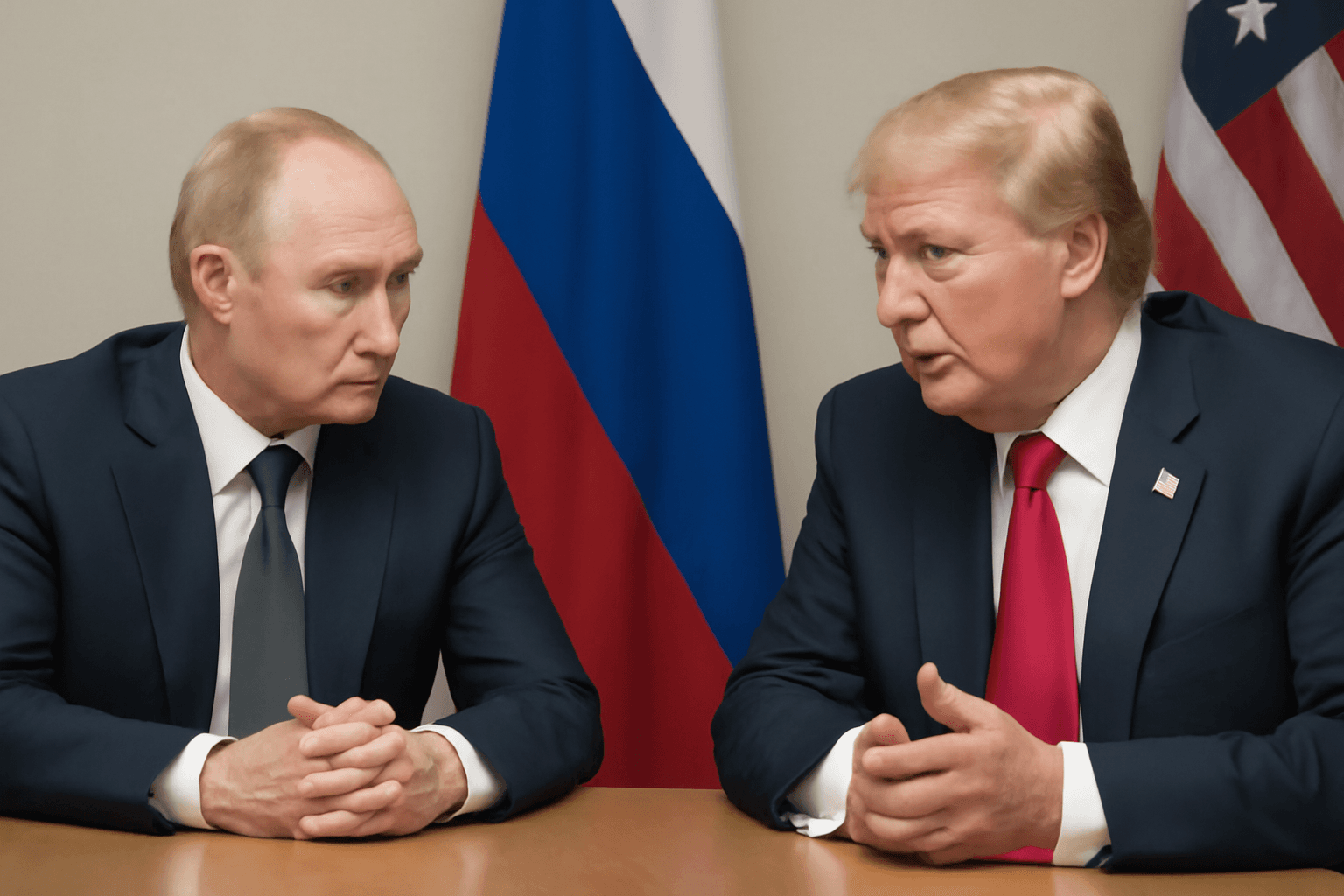Melania Trump Sends Personal Letter to Putin on Ukrainian Child Abductions
In a poignant and unexpected diplomatic gesture, Melania Trump has directly appealed to Russian President Vladimir Putin regarding the harrowing plight of Ukrainian children caught in the crossfire of the ongoing conflict. According to senior White House officials, the letter was personally delivered by U.S. President Donald Trump during their recent summit in Alaska, although Melania Trump herself was not present at the meeting.
Context Behind the Letter
The letter shines a spotlight on a particularly distressing aspect of the Russia-Ukraine war—the abduction and forced relocation of children from Ukrainian territories. It is estimated that tens of thousands of children have been taken to Russia or areas under Russian control without the consent of their families, a practice broadly condemned by Kyiv and the international community.
Ukraine has characterized these abductions as war crimes and potential acts of genocide, underscoring the gravity of the situation. Meanwhile, Moscow has framed its actions as protective measures aimed at shielding vulnerable children from conflict zones.
International Response and Legal Implications
The United Nations Human Rights Office has condemned Russia’s actions, emphasizing the widespread suffering inflicted upon millions of Ukrainian children and flagging violations of their fundamental rights following Russia’s full-scale invasion in 2022.
This issue raises complex legal and humanitarian questions, particularly under international law regarding the protection of children during armed conflict and the obligations of occupying powers. The forced transfer or deportation of children from occupied territories is prohibited under various U.N. conventions, and allegations of such acts challenge the global community’s capacity to enforce accountability in war zones.
Diplomatic Efforts Amid Continuing Conflict
The Alaska summit, held at a U.S. military base in Anchorage, saw President Trump and President Putin engage in nearly three hours of discussions. While the meeting did not yield a ceasefire, the delivery of Melania Trump’s letter introduced a humanitarian dimension amid the broader geopolitical stalemate.
Experts emphasize that personal appeals like this, especially from figures symbolizing national unity and care such as the First Lady, can humanize conflict far beyond diplomatic rhetoric and impact public perception and dialogue.
Expert Perspectives
- Human rights specialists highlight the necessity of sustained international pressure and monitoring to ensure the rights and safety of affected children.
- Policy analysts warn that without enforceable measures, such humanitarian appeals risk being symbolic rather than transformative.
- Legal scholars call for renewed efforts at international courts to address wartime child abductions as part of broader prosecutions for war crimes and crimes against humanity.
Why This Matters to the United States
The United States continues to navigate a delicate balance between advancing diplomatic engagement with Russia and supporting Ukraine amid ongoing hostilities. Melania Trump’s intervention adds a nuanced layer, bridging humanitarian concerns with high-level diplomacy.
For American audiences, this story underscores the profound human cost of geopolitical conflicts and the potential for soft diplomacy to influence international issues—particularly those involving innocent children caught in war's harsh realities.
Editor's Note
This development invites us to reflect on the role of humanitarian voices in international conflict and raises critical questions about the effectiveness of personal diplomacy. Could such letters shift entrenched policies or merely symbolize compassionate intentions? As the conflict endures, vigilance and empathy remain essential as we track the fates of vulnerable populations amid global tensions.

